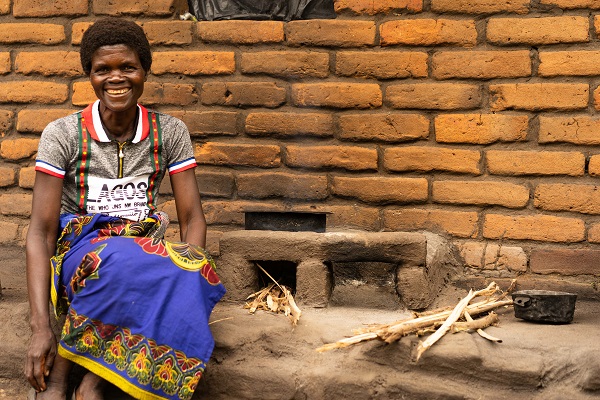Malawi's road to COP26
Representatives from the Government of Malawi and climate and development projects attended a BRACC workshop on 30 November 2020 to elaborate Malawi’s ambition on resilience and climate change adaptation, and to identify activities and communications strategies to ensure those ambitions are profiled effectively at the 26th Conference of Parties to the United Nations Framework Convention on Climate Change (UNFCCC COP26).
The workshop followed an earlier high-level roundtable hosted by Minister Nancy Tembo (Minister of Forestry and Natural Resources, Malawi) and Minister James Duddridge (Minister for Africa, UK).
COP26 will take place in Glasgow, UK in November 2021.

Summary of outcomes
• Malawi will be successful in profiling its climate resilience and adaptation achievements and needs at COP26 if diverse parties across government and civil society coordinate effectively together. Malawi has knowledge to share from all of society.
• The delay of COP26 provides an unprecedented opportunity for greater participation by civil society in the national preparations.
• As UNFCCC focal point, the Environmental Affairs Department (EAD) should lead the process and convene a transparent and inclusive dialogue (a) to identify good practices to showcase and (b) to articulate the country’s position.
• The inclusive dialogue should be particularly open to youth engagement. It is suggested that youth have their own platform to feed in to Malawi’s COP26 position (as opposed to being combined with other stakeholders). This can also contribute to broader UNFCCC-related processes, including the development of the Nationally Determined Contribution (NDC).
• A COP26 position paper for the Malawi negotiating team, which summarises the key needs and asks, should be produced on the basis of the national dialogues. This can be used as a reference point for all COP delegates.
- Issues to highlight are the potential need for ongoing capacity building (the fact that not all readiness funds have been accessed suggests capacity is lacking) and more effective climate finance at sub-national level.
• Nationally-owned communications materials that showcase good practices in adaptation and resilience across Malawi (whether supported by government, donors, NGOs, or autonomous self-help efforts) can also be developed.
- Examples of good practice exist in climate-smart agriculture, early warning systems, watershed protection approaches, responses to tropical cyclone Idai, resettlement in Chikwawa, evaluation of climate finance at council level, the existence of the National Resilience Strategy.
• A transparent and inclusive dialogue creates additional opportunities to catalyse progress on adaptation and resilience in Malawi, for example:
- The opportunity to raise awareness and build capacity at sub-national level, including a chance to shift disaster response toward proactive disaster risk reduction and to encourage budgeting for resilience activities.
- The opportunity to champion and encourage ownership of the National Resilience Strategy (which will require many parties to implement it effectively).
